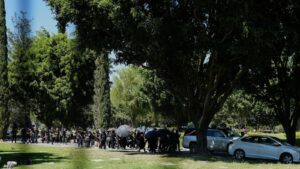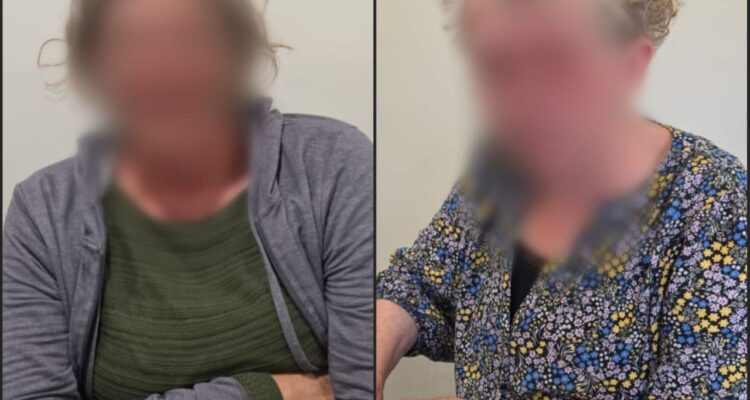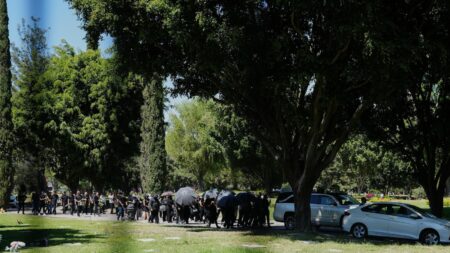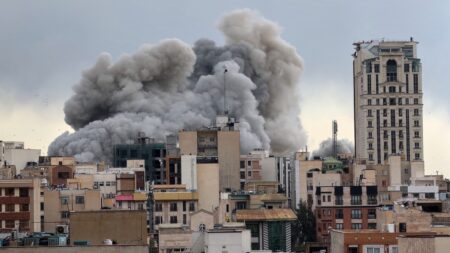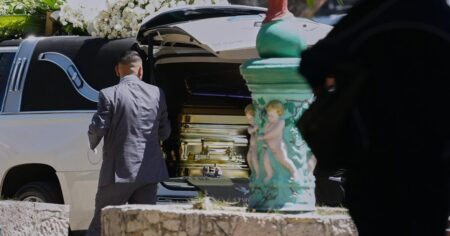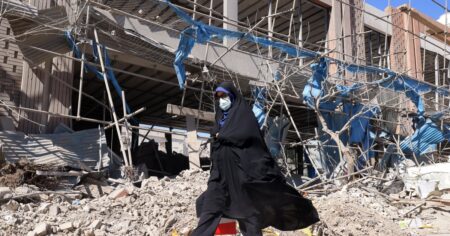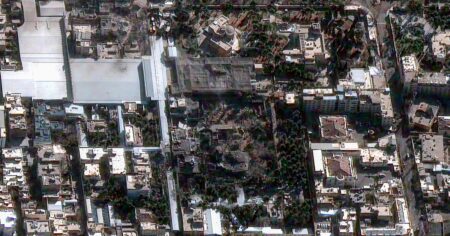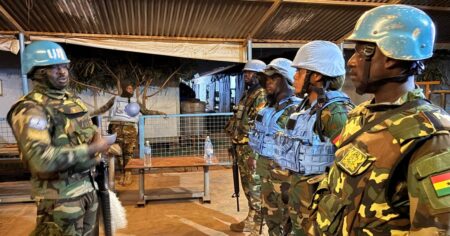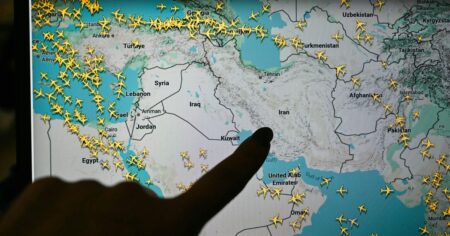Israel has expelled one European anti-Israel activist and issued a deportation order for a second after they were arrested near Hebron in a restricted military zone. The two activists were detained on Saturday for entering a closed firing range near the Israeli town of Ma’on in Judea. They ignored orders from Israeli Defense Forces personnel to leave the area.
Both activists are members of the International Solidarity Movement, a far-left group known for opposing Israeli policies. They were arrested after refusing to vacate the military zone. The firing range is located entirely in Area C, an area under full Israeli control. It has been the site of repeated protests by Palestinians and foreign activists against the demolition of an illegal Palestinian settlement on military land.
On May 5 the IDF demolished an encampment called Khirbet Khallet a-Dabbe, which had been built inside the firing range. Despite the demolition, ISM activists continued to enter the site to support efforts by Palestinians to rebuild the settlement. Authorities say that entering a live-fire training area is hazardous and violates military regulations.
Following their arrest the two activists were handed over to Israel’s Interior Ministry immigration and border control for deportation. One of the activists, Susanne Björk from Sweden, was deported on Monday. The other, Deirdre D. Murphy, a 70-year-old Irish national residing in Wales, remains in custody after appealing the deportation order. Murphy has volunteered in Judea and Samaria for over twenty years and had been in the region for five weeks before her arrest.
Israeli authorities maintain a firm policy against individuals who enter military zones and disrupt security operations. The arrests highlight ongoing tensions in the region between Israeli forces and activists who oppose Israeli settlements and military restrictions. Unauthorized entry into these zones is considered a serious offense due to both safety and security concerns.
The military firing range near Ma’on has been a flashpoint for protests. Palestinian activists and international groups have repeatedly challenged Israeli control of the land. They argue that the area contains privately owned Palestinian farmland and accuse Israel of using military ordinances to restrict access. Israel counters that these zones are essential for training and that any civilian presence poses risks of accidents.
Critics of the deportations say that Israel is cracking down on peaceful protest and criminalizing activism. Supporters of Israeli policy argue that allowing activists into live-fire areas endangers lives and undermines military readiness. The debate reflects broader disputes over control of Area C, where most security authority rests with Israel under the Oslo Accords.
Murphy’s appeal will be reviewed by an Israeli court, which may consider her long history of activism and the circumstances of her arrest. Deportation hearings for foreign nationals arrested in the West Bank often hinge on security grounds and the activists’ previous conduct. In recent years Israel has increasingly deported or denied entry to foreign activists perceived as supporting Palestinian causes.
The case may draw attention from human rights organizations and international media. Both Irish and Swedish diplomatic representatives could become involved if the activists’ governments raise formal protests. Previous cases of deported activists have prompted statements from Amnesty International and other NGOs calling for the right to peaceful protest.
Israeli officials insist their policy is clear: anyone who enters restricted military zones, attempts to disrupt security operations, or seeks to defame the state will be removed. They say enforcement is necessary to protect soldiers, prevent property damage, and uphold public safety. Security forces in Judea and Samaria regularly patrol firing ranges and confiscate equipment used by protesters.
The removal of foreign activists has also become a political tool. National Security Minister Itamar Ben-Gvir stated that strict action would deter further attempts to breach military areas. Opposition figures in Israel have noted that while the policy is lawful, its application can inflame tensions on the ground.
For now Susanne Björk has been returned to Sweden and barred from reentering Israel. Deirdre D. Murphy remains in an immigration detention facility in central Israel as she awaits her fate. If her appeal fails, she will be deported to Ireland, where authorities may subject her to investigation under local laws if she reenters the occupied territories.
As of this report the situation in the Ma’on area is stable. IDF-issued notices prohibit all civilians from entering the firing range. Military vehicles and checkpoints enforce the closure. Palestinian farmers nearby continue to petition for access to their lands, but have met resistance from both the IDF and settler organizations.
The broader context includes ongoing Israeli-Palestinian tensions over land rights in Area C. Activist groups say that demolitions of structures in these zones have risen sharply in recent years. Israel says such demolitions target illegally built structures and are not politically motivated. The Ma’on firing range was originally established in the 1980s and remains critical for military training in southern Hebron.
Foreign activists like Murphy and Björk view the site as part of a larger struggle. They argue that Palestinians lack freedom of movement and face daily threats from settlers. Israeli officials counter that security concerns and international law permit maintaining these firing zones. The resulting standoff over Ma’on exemplifies the wider conflict over settlements, sovereignty, and human rights.
